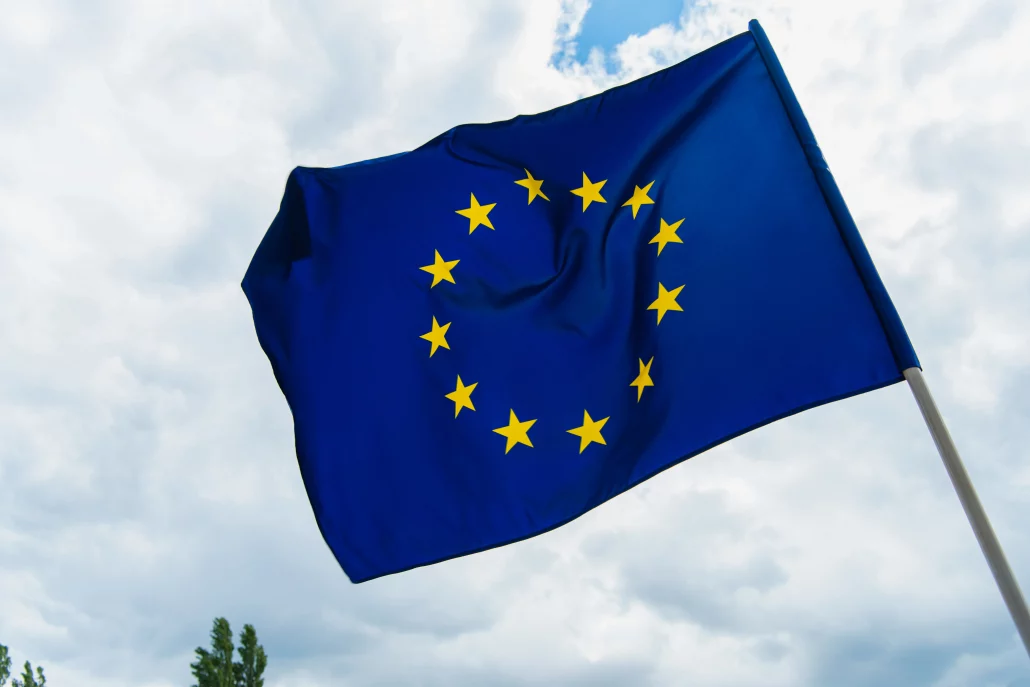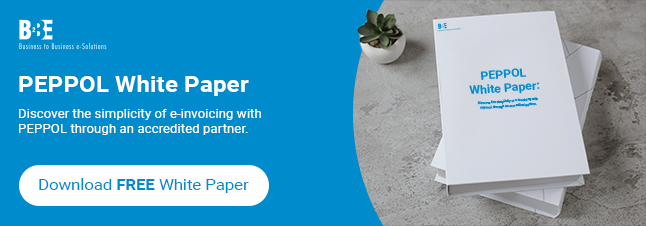The shift to electronic invoicing isn’t just a technology upgrade—it’s becoming a regulatory requirement across the European Union. For many buyers, understanding EN 16931 is essential to ensure compliance and avoid disruptions in invoicing workflows.
So, what is EN 16931, and how does it affect your business?
What is the EN 16931 standard?
EN 16931 is the European standard for the semantic data model of electronic invoices. It defines the required data elements and structure to ensure that invoices are machine-readable and interoperable across borders. This means that whether you’re invoicing a government agency in France or a public entity in Germany, the invoice will follow the same core model.
In simple terms, EN 16931 makes sure everyone in the EU speaks the same “invoice language”—removing ambiguity, manual checks, and formatting inconsistencies.
What is the EU standard for e-Invoicing?
EN 16931 is the standard. Mandated by the EU for all public sector procurement since 2019, it ensures that suppliers sending invoices to public bodies must use an EN 16931-compliant format. Many private sector organisations also adopt it voluntarily, making it a benchmark for efficient and transparent invoicing.
Buyers who adopt this standard benefit from faster processing, fewer disputes, and better automation across their finance teams.
What are the requirements for EN 16931 compliance?
To comply, invoices must include a predefined set of fields—like buyer and seller information, invoice number, tax details, payment terms, and total amounts. These fields must be structured using approved syntaxes such as UBL or UN/CEFACT.
Additionally, invoices must be validated to ensure they meet the model’s rules before being accepted. If you’re relying on outdated formats or manual processes, you may be missing critical compliance checks—leading to delays or rejections.
What are Core Invoice Usage Specifications (CIUS)?
CIUS stands for Core Invoice Usage Specifications. Think of them as country-specific or sector-specific adaptations of EN 16931. While the standard defines the general rules, a CIUS narrows them down to suit local business practices or legal requirements.
For example, Germany’s ZUGFeRD and France’s Factur-X are CIUS-compliant formats. If your buyers operate across the EU, your invoicing system should be able to support multiple CIUS profiles automatically.
EN 16931 is the way forward
For buyers, integrating e-invoicing that complies with EN 16931 isn’t just about avoiding fines—it’s about speeding up invoice approvals, improving supplier relationships, and reducing operational costs. And in some EU countries, compliance isn’t optional—it’s already mandatory.
B2BE’s e-invoicing solutions help buyers stay compliant while unlocking automation and accuracy in every invoice exchange. Ready to move beyond manual invoicing? Get in touch with B2BE today.
About B2BE
B2BE delivers electronic supply chain solutions globally, helping organisations to better manage their supply chain processes, providing greater levels of visibility, auditability and control. We’re driven by a passion for what we do, inspired by innovation, and underpinned by a wealth of knowledge. With over 20+ years of experience, the B2BE teams operate worldwide.
For more information, visit www.b2be.com.

